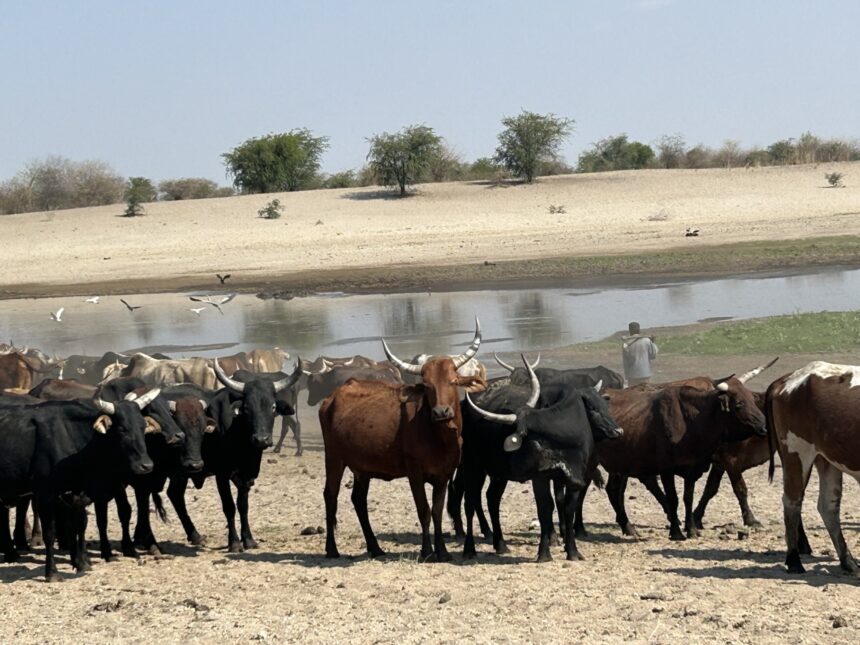KONGOLA – Authorities in Zambezi are stepping up efforts to curb the crime through tighter regulations and community collaboration, particularly to combat livestock theft.
Zambezi police spokesperson Kisco Sitali spoke on the issue, outlining a multifaceted strategy aimed at both prevention and enforcement.
“Cattle rustling in the region is a serious concern. Hence, we need to approach it with a different strategy,” said Sitali.
So far, over 800 cattle valued at millions of dollars have been stolen in the region from 2022 to date.
Cattle rustling remains high in various communities living along the Namibian, Zambian and Botswana borders. To address this, the government saw fit to tackle the pressing issue of cattle rustling during the ongoing civil-military cooperation campaign taking place in Zambezi before proceeding to other regions.
Sitali also confirmed that cattle rustlers come as far as Angola and Zambia to cross through Zambezi’s vast areas into Botswana to steal livestock.
This, he said, is often done with the aid of scrupulous locals.
Concerned local farmers said poverty is among the leading causes of stock theft. “Some of the Namibians are recruited and are collaborating with Zambians to steal cattle from Namibia across the border to Zambia at a payment of N$300 per cattle upon arrival. “This is despite all the risks involved of being caught/arrested with a possibility of a prison sentence,” complained a farmer.
Those who operate the business of selling meat through small abattoirs and black markets buy stolen cattle from thieves at a very cheap amount. For example, a cow worth N$9 000 can be transacted at N$1 800 to N$2500.
In a bid to halt the illegal movement and slaughter of stolen livestock, Sitali explained that all open markets have been instructed to rigorously inspect slaughter permits before any animal is sold or processed.
“Those responsible for open markets where cattle are slaughtered must inspect the permits for each animal. This will assist in identifying stolen animals early in the chain,” he cautioned.
The border between Namibia is very easy to cross due to distance and the fact that it is not even clearly visible and dense – this makes it easier for thieves to cross with cattle unnoticed and makes it more difficult in case the trackers are following in case cattle have been stolen.
Police patrols have also been intensified. “During our operations, when we come across any animal being sold, we stop and inspect the papers. We check the details – ear tags, the colour of the animal – everything must correspond with the permit,” Sitali added.
In addition to law enforcement efforts, traditional authorities are playing a vital role in cases where emergency slaughter is necessary – such as when an animal is injured and a farmer cannot obtain a permit immediately, especially over weekends.
“We advise such farmers to approach the traditional authority. Once informed, the traditional leader must personally inspect the animal to verify the situation. For example, whether the animal was stuck in the mud or had a broken leg,” said Sitali.
This collaborative approach between police, market officials, and traditional leaders is aimed at tightening oversight and eliminating loopholes that rustlers exploit. The police said the new approach is already showing promise in restoring order and safeguarding the region’s livestock industry.
– anakale@nepc.com.na



